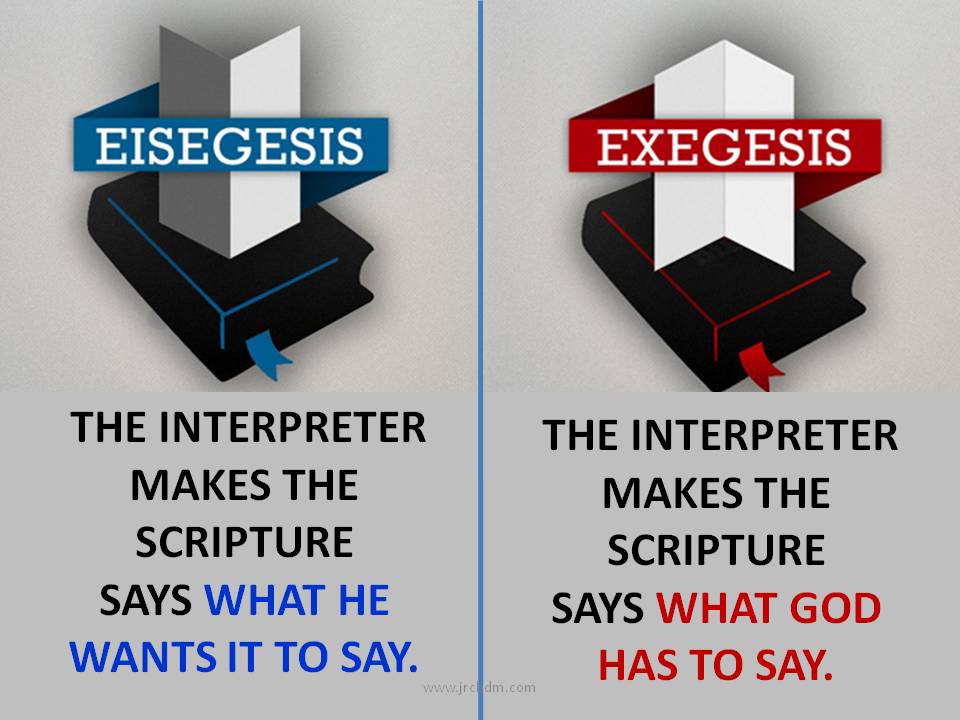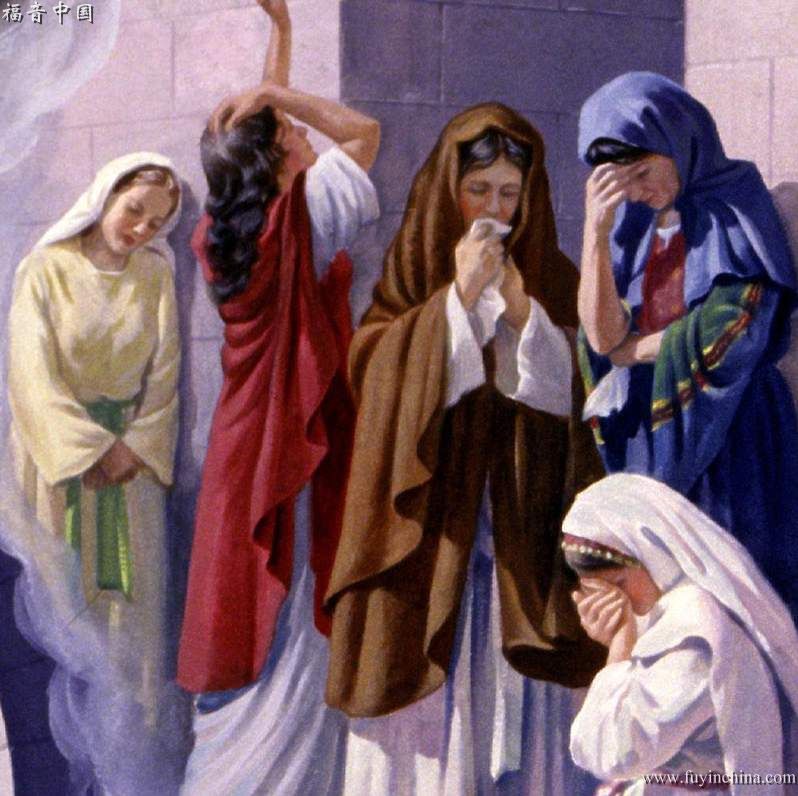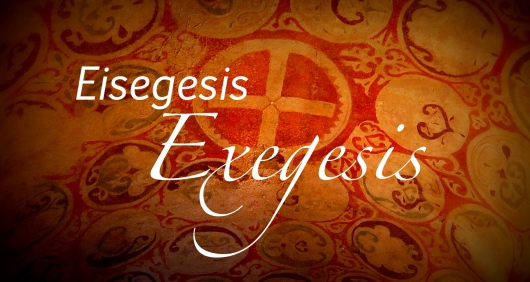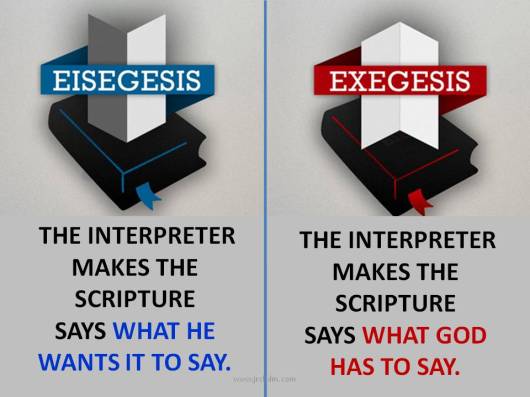Q. Mark 9:1 “see that the kingdom of God has come with power.” The transfiguration is a microcosm of the glory of God’s kingdom. Jesus appeared in the center with Moses and Elijah. In the Jewish minds, this affirms the true important stature of Jesus. Should we read more into it than this, making it into eisegesis? Putting our words into God’s mouth! Is my conjecture out of line?
Only Luke conveys the content of the conversation, not Matthew or Mark. Luke portrays Jesus Christ as Savior. Might it be Luke’s reason to reveal God’s plan for salvation, a prophecy of what is going to happen in the near and distant future? Jesus’ exodus from the world (death, resurrection, and ascension) is for the salvation of the world, including the gentiles. By grace, in the future, the two witnesses are partners in the plan for the salvation of the chosen people. Prophesies are from God/Jesus. He fulfilled the OT prophesies of salvation for human beings as in Genesis 3:15.
God/Jesus is the lawgiver. He fulfills the law for salvation. The OT Moses’ laws condemn sinners to death. The NT Jesus frees the sinners from death (and gives life) with His own blood as required by the law. Leviticus 17:11″For the life of a creature is in the blood, and I have given it to you to make atonement for yourselves on the altar; it is the blood that makes atonement for one’s life.” John 1:14 Moses mediated the law, Christ mediated grace and truth. Deut. 18:15-19, Moses prophesized a prophet like him will come. Moses represents both the law and prophet. Jesus Christ has fulfilled both laws and prophecies.
I do not think Elijah has ever prophesied about Jesus or much of other things besides curses. Besides God’s wonders done through Elijah, it seems that the only reason Elijah was among these three is because of Malachi 4:5-6 “Elijah will be sent before Jesus’ second coming of the awesome day of the Lord. “
The time of Jacob’s trouble will be the time for the Jews. Moses and Elijah were both Jacob’s descendants. The two lampstands and the two olive trees are all Jewish terms. Enoch was not Jewish. The presence of Jesus talking about salvation with the 2 Jews might point to John 4:22 Salvation is from the Jews. The appearance of the OT Jewish saints together with the NT Jewish savior of the world might point to Ephesian 2:14. God has not told us their names. Perhaps He wants us to concentrate on glorifying Him for the wonders done by the witnesses whoever they are.
A. A large part of your “question” is your view on the topic, not a query. I will therefore respond only to your actual question in italics.
Eisegesis is reading your own ideas and presuppositions into the text, as opposed to exegesis which is drawing out the author’s meaning based on an analysis of the text, context, including the historical and cultural background, grammar, and genre. Eisegesis is subjective, while exegesis is objective, based on evidence. I am of the “old school,” and against eisegesis, which makes the scripture say what you want it to say. I stand 100% on exegesis. So we should not read more into a text than its plain and implied meaning. To do more would be to put words into God’s mouth, which is the sin of false prophets and false teachers.
Having said that, much of your comments are not wrong, as they are based on other scriptures. It is just that that is not what Mk 9:1 said. In expounding a passage, you can use Scripture to explain Scripture. If we must understand a certain subject, God will repeat the lesson in other passages to make sure we get it. Just state the related passages you are bringing in so that readers know where you are coming from, and whether those passages are indeed relevant. To say that all these ideas come from the single text you are expounding would be out of line.
For example, my views on Luke’s record of the Transfiguration are in:
Whether you agree or disagree, the rationale and supporting verses are all listed for you to verify or challenge. I have learned from the thousands of sermons I have listened to, and from the thousands of articles and hundreds of books I have read over the years. All of these contributed to shaping my opinion when I wrote this post. But to assume all of that came out of Lk 9:31 would be wrong.






